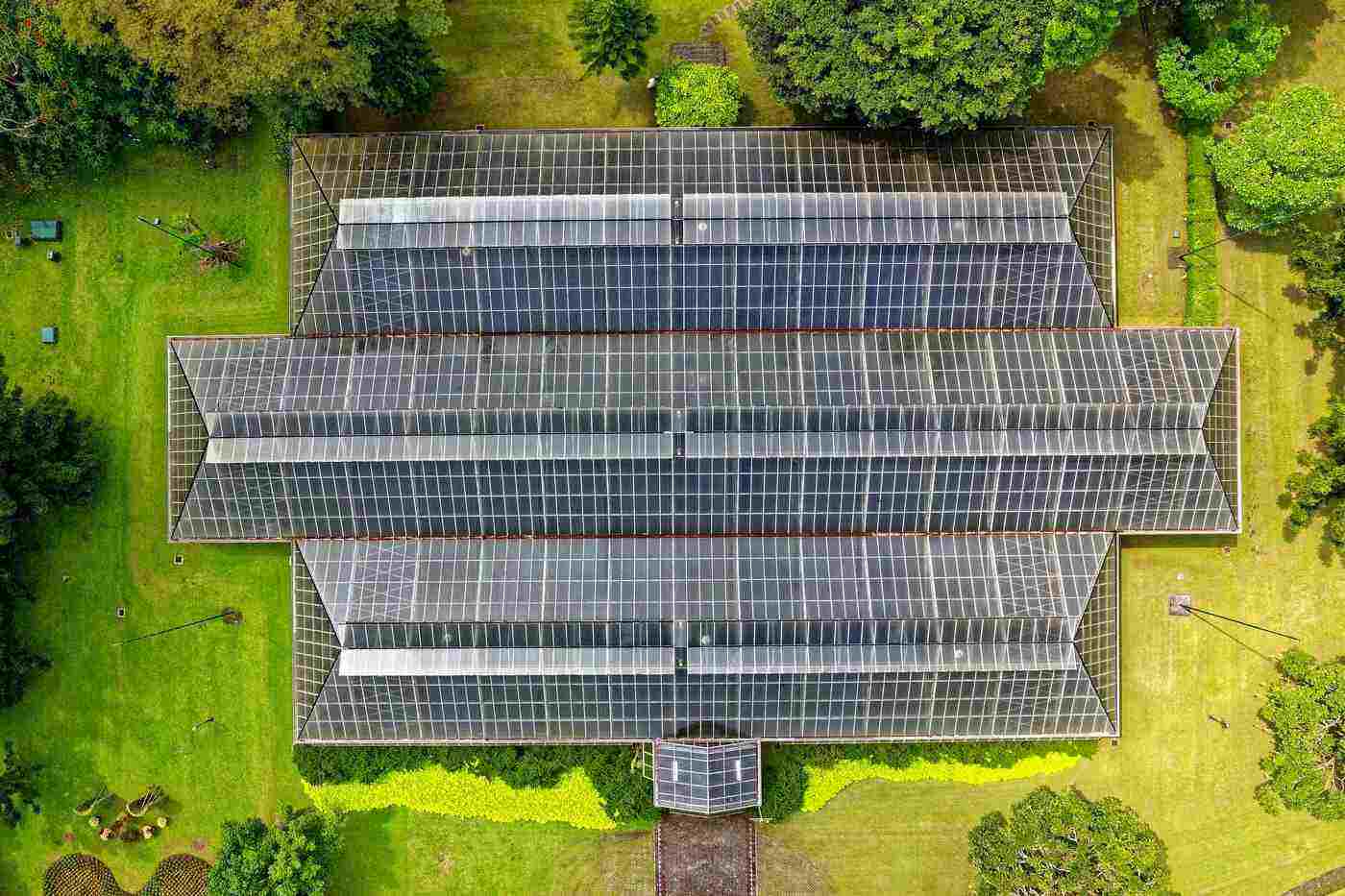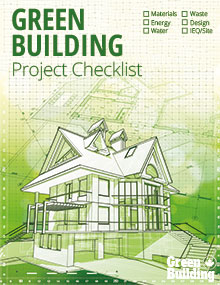The need to take steps towards sustainability has made its way to global headlines. The increasing recognition of renewable energy and its many applications has encouraged academia to put more consideration into its education as well. All over the world, right from the primary school level, environmental sciences are emphasized. Students are encouraged to learn about global climatic changes and their implications for the planet.
Renewable energy is desperately important to the sustenance of our world. Humanity is moving towards using these resources and reducing the harmful impact on the earth. And engineers play a crucial role in helping humankind achieve our goals. They are using their creativity to find new resources and their potential uses in all areas. Be it in production, distribution, or green construction, engineers have the power to make the right decisions for a better future.
The Importance of Renewable Energy in Engineering
Renewable energy is the energy that is derived from natural resources: resources such as sunlight, tides, wind, and geothermal heat. Canada, with its diverse geography and resources, has access to substantial renewable resources.
According to Natural Resources Canada, “16% of Canada’s total primary energy supply” comes from renewable energy sources. The energy generated from wind, biomass, hydropower, earth, and ocean energy, are used for heating, electricity and alternatives for fuels. It is fair to say that Canada is among the world leaders in the production of renewable energy.
Yet the majority of energy sources, not only for Canada but the entire world comes from fossil fuels. This reliance on fossil fuels can result in long-term damages; global warming, health issues and water pollution to name just a few.
What the world needs is efficient engineering. Environmental engineers have already made a significant impact. And with resourcefulness and specializations, the scope is wide open. They address society’s energy needs with the latest technology and skills. With those skills, sustainable development is highly achievable.
Unfortunately, our current educational system tends to focus on energy efficiency as a specialization instead of making it a necessary program for every field of engineering. Introducing required renewable energy courses at the undergraduate level would help to create awareness, in turn, making it easier for policymakers to achieve their targets for sustainability.
How to Implement the Study of Renewable Energy

In a 2014 study conducted in UAE, the authors discuss the introduction of renewable energy to freshman students. Their studies could help raise engineers who are better equipped to meet changing demands. They observed that the students exposed to this knowledge at the beginning of their education chose their major along with the current market needs. Regardless of their specialization, they would consider a sustainable approach to pursue.
A theory-based curriculum could focus on the main resources of renewable energy. Projects, including experiments to understand each resource and its utilization, would offer a better knowledge of the subject. For instance, students could try to produce small quantities of biofuel from local resources. Learners can calculate the power generated by the wind and identify applications for it.
In 2016, MIT set up an energy orientation program for its students called Discover Energy. It’s an interactive introduction to the various resources on its campus. At the end of a scavenger hunt to discover these sources, students built direct-current motors, led by a professor of mechanical engineering. Such hands-on experiments will help to build both theoretical and practical knowledge.
Application of Renewable Energy Engineering in Buildings
Energy consumption in buildings is another significant factor that needs to be addressed. As climate change results in buildings using even more power to create comfortable indoor environments, the need for renewable resources to replace traditional energy sources is immense.
Canada has new building strategies with a plan to implement efficiency standards in new buildings. The country also plans to renovate existing buildings to meet these guidelines. Architects and engineers are working hand in hand, creating building designs that are energy efficient.
Design itself plays a crucial factor in power consumption, of course. Yet, the integration of renewable energy technologies to generate power can reduce reliance on fossil fuels. The rise of eco-homes presents a broader scope for engineers to try out new practices. These techniques will significantly contribute to energy savings.
What the Future Holds
For an engineer, irrespective of industry, the knowledge of renewable energy is indispensable. It’s a huge benefit when going out job hunting, too. Practical experience with renewable energy projects is highly marketable experience.
There is still plenty of room for new and experienced engineers to bring in new ideas and skills to match them. The global opportunities are not limited to construction. Everything from the extraction of renewable sources to conversion, transmission, and innovative methods of application can and should be upgraded. The expertise could also be a stepping-stone to other careers as every industry has a concern for energy efficiency.



Only 17% of Canada’s energy comes from non-renewable benergy I think you need to check your facts
https://www.nrcan.gc.ca/science-data/data-analysis/energy-data-analysis/energy-facts/electricity-facts/20068
Thanks for taking the time to comment, Francois! To be clear, our writer is discussing Canada’s total energy supply. Your stat, which is also correct, pertains to electricity: “67% of Canada’s electricity comes from renewable sources.” We’ve revised a bit to make that context clearer – thanks for your help!